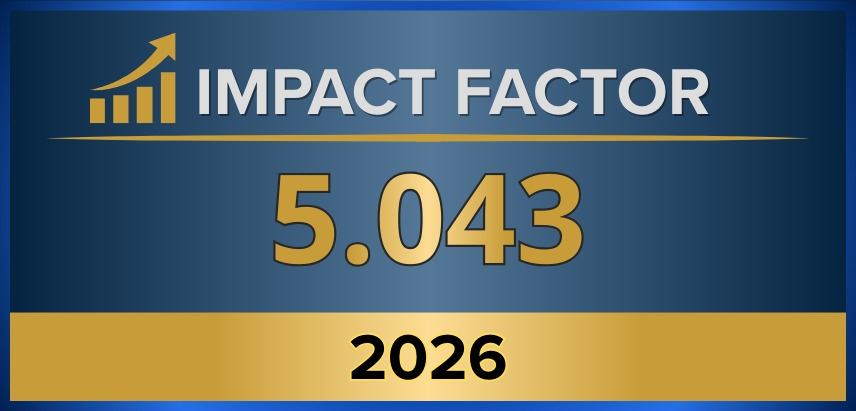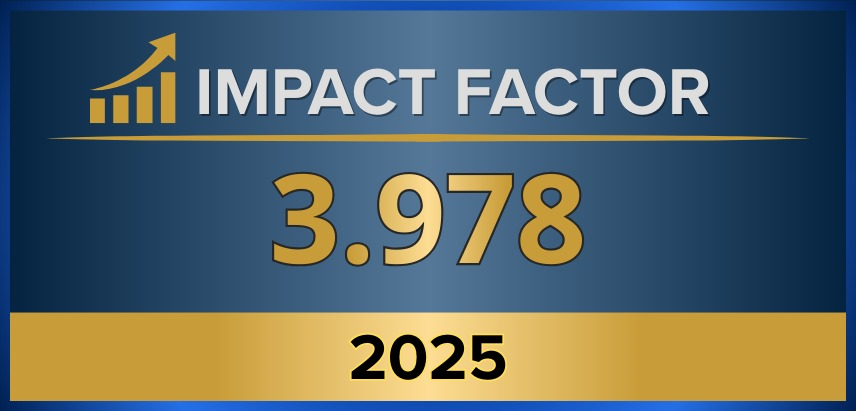PUBLICATION ETHICS
The International Journal of Emerging Multidisciplinary Research and Innovation (IJEMRI) is committed to upholding the highest standards of publication ethics and integrity. All parties involved in the publication process—authors, reviewers, and editors—are expected to adhere strictly to ethical guidelines to maintain the credibility and quality of the scholarly record.
Plagiarism Policy
The International Journal of Emerging Multidisciplinary Research and Innovation (IJEMRI) has a zero-tolerance policy toward plagiarism. All submissions are checked using plagiarism detection software before being sent for review. Any manuscript found to contain plagiarized material—whether from published or unpublished sources—will be rejected immediately. If plagiarism is discovered after publication, the article will be retracted, and appropriate actions will be taken against the authors, including notification to their institutions.
Author Responsibilities
Authors must ensure that their work is original, properly cited, and free from any form of academic dishonesty. They should not submit the same manuscript to multiple journals concurrently (no duplicate submissions). All contributing authors must be appropriately listed, and significant contributors should not be omitted. It is also the responsibility of authors to disclose any potential conflicts of interest and ensure that all data is accurate, ethically obtained, and well-documented.
Reviewer Ethics
Reviewers play a critical role in maintaining the integrity of the peer review process. They must evaluate manuscripts objectively, respectfully, and confidentially, without personal or professional bias. Reviewers must disclose any conflict of interest that could affect their judgment and must not use any information obtained during the review process for personal advantage or share it with others.
Misconduct Handling Procedures:
The International Journal of Emerging Multidisciplinary Research and Innovation (IJEMRI) takes allegations of research and publication misconduct seriously. In cases of suspected plagiarism, data fabrication, authorship disputes, or ethical breaches, the editorial board will initiate a formal investigation. This may involve communicating with the authors, reviewers, and institutions involved. If misconduct is confirmed, appropriate actions will be taken, which may include rejection or retraction of the article, a formal apology, and notification to relevant institutions or funding agencies.












